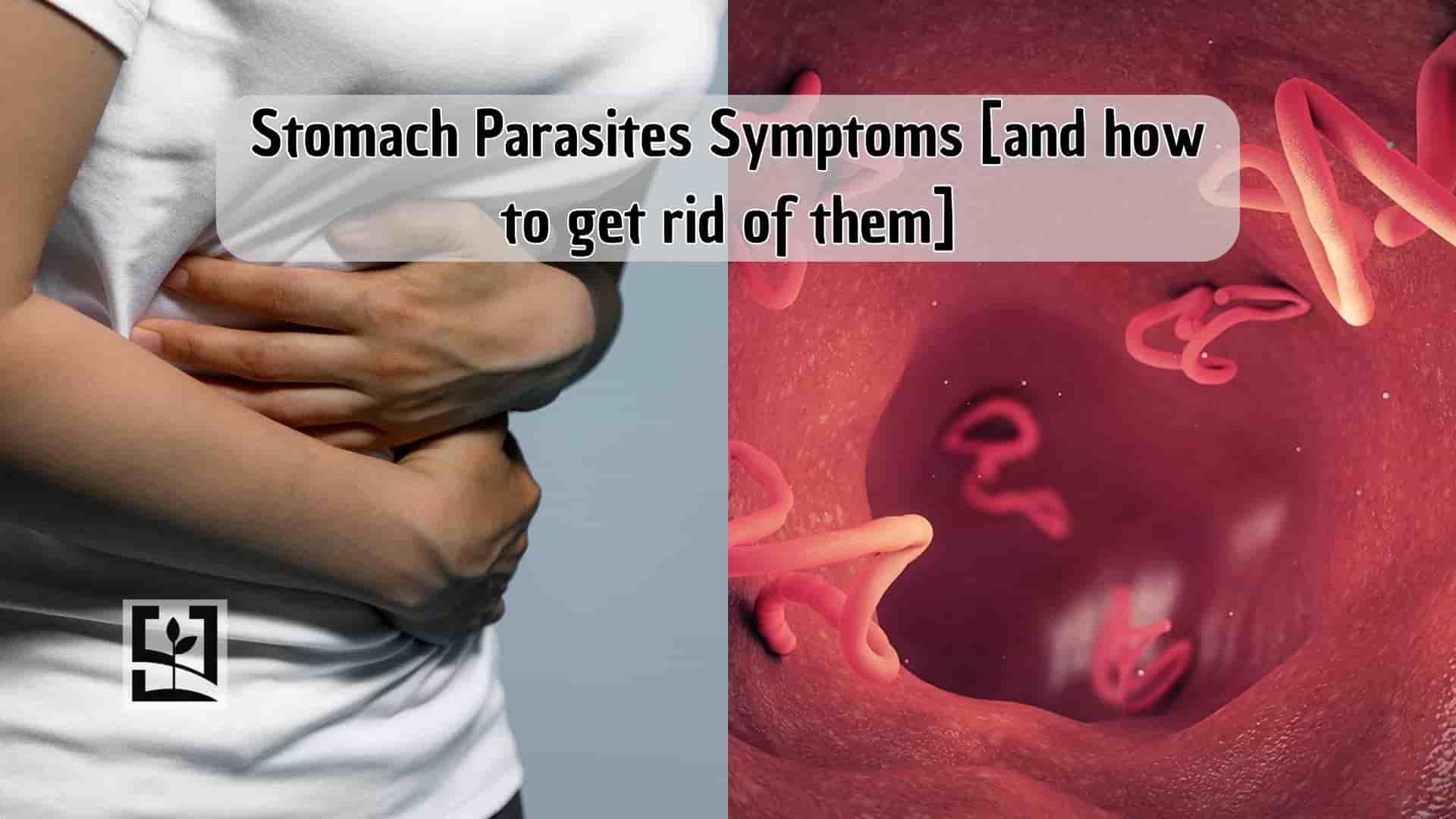You may be wondering why a website about chronic fatigue syndrome has an article about stomach parasite symptoms.
This was because after a series of tests, including extensive stool testing, stomach parasites were detected. This parasite played a major role in my particular case of chronic fatigue syndrome.
I think it’s important to get tested to determine if stomach problems are causing chronic fatigue.
There are several symptoms of stomach parasites that should be checked for, which I will cover in the information below.
Thousands of microorganisms and bacteria normally live in your stomach. Most of them are harmless and contribute to the overall health and balance of your digestive system.
unknown cause of constipation
Bloating and diarrhea due to gas
sleep problems, brain fog and pain
whole body tired
Parasitic infection can cause all of these symptoms.
There are four types of human intestinal parasites.
Parasites are living organisms that feed on their host for nutrition and protection.
They can impair nutrient absorption, leading to weakness, loss of weight or growth.
The first form of intestinal parasites are worms, which are parasites that live in the small intestine and attach to the intestinal wall.
They are multicellular organisms visible to the naked eye and are often infected if you drink contaminated water or walk on contaminated soil in humid climates where sanitation is inadequate.
Roundworms, also known as nematodes, have a long, thin, unsegmented body, while tapeworms have a long, flat, ribbon-like body with many segments.
Flukes are leaf-like and, unlike the other two insects, have no body cavity.
Unlike other pathogens such as viruses, bacteria or protozoa (intestine-dwelling organisms), worms do not multiply inside their host.
These worms can grow and mature, but once they hatch, they are usually able to infect new people. Most worm infections are easily tolerated, especially if you have a strong immune system. However, some insects can cause more serious damage. Roundworm larvae and adults can enter tissues and cause blockage, inflammation, anemia, and possible organ dysfunction.
When adult fluke eggs become stuck in the arteries, they can cause organ fibrosis or high blood pressure.
Unlike worms, protozoa are unicellular organisms that live in the intestines. Some seem harmless, while others may be beneficial to your gut health.
Protozoan parasites, on the other hand, can cause a variety of gastric symptoms, fatigue and exhaustion in some cases.
Protozoa are commonly found throughout the environment. They form cysts, a dormant state that resists extreme temperatures and chemicals.
Although your immune system usually keeps the protozoa under control, a protozoan parasite infection can occur when you ingest cysts in the environment.






